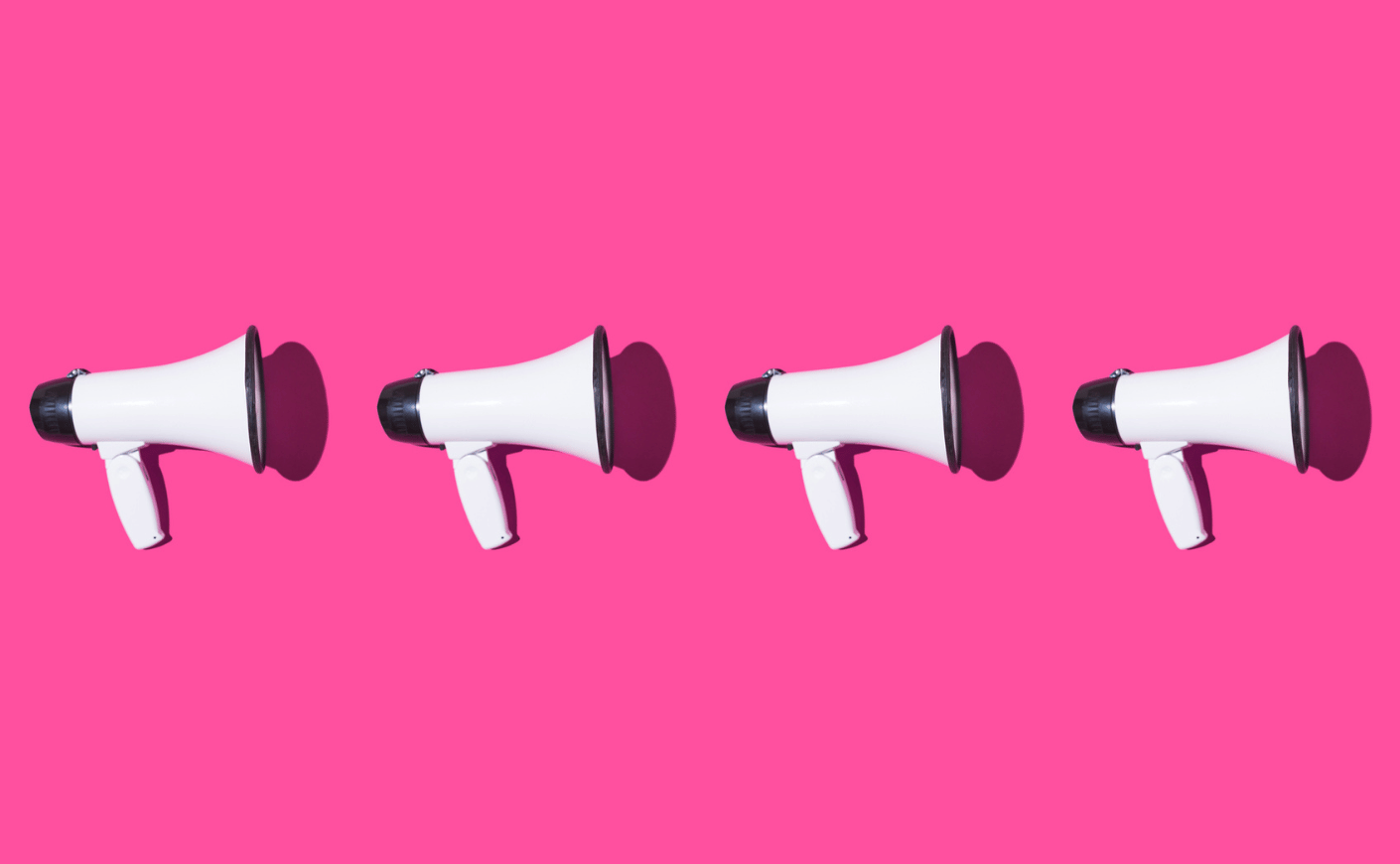When she was just 26, LaShae Rolle received news that most people don’t expect until much later in life: a breast cancer diagnosis.
The shock was overwhelming, but before surgery or chemotherapy, one of her first questions to doctors wasn’t about survival rates or treatment options — it was about fertility.
Determined to preserve her dream of motherhood, she underwent fertility treatments and froze her eggs before beginning cancer care. At the same time, she was pursuing a doctoral degree in cancer prevention research at the University of Miami Miller School of Medicine, Department of Public Health Sciences — a path that deepened her understanding of the very disease she was fighting. Along the way, she leaned on her background as a cancer researcher, her strength as a powerlifter, and her belief in patient advocacy to navigate decisions that would shape both her health and her future.
But her path was anything but easy.
A shocking diagnosis
At first, Rolle admitted that she thought the pain in her breast was just another side effect of training — understandable for a competitive powerlifter capable of squatting 441 pounds, pressing 292, and hoisting 497 from the floor. With no family history or other known risk factors for breast cancer, she wasn’t overly concerned. After all, only about 1 percent of all breast cancers are diagnosed in women under 30.
When she found a lump in her right breast, her instincts as a cancer researcher kicked in. Specializing in how the disease affects minority populations, she didn’t waste time — Rolle went straight to her doctor, who assured her it was nothing. But when the pain persisted, she headed to the student health center for a clinical exam, which quickly led to a mammogram and then an ultrasound.
In February 2024, she was diagnosed with ER-positive, stage 2B breast cancer — a reality that was hard to process at first. Treatment meant major interventions: a unilateral mastectomy, four cycles of chemotherapy, and standard radiation therapy. “The diagnosis itself was overwhelming — especially having to accept it at just 26,” she tells Katie Couric Media. “The median age for breast cancer is around 65, so I felt far too young to be facing it.”
Still, Rolle says she never felt alone in her treatment. Since she had already worked with many members of her care team on research studies, medical decisions felt collaborative rather than intimidating, which helped her better understand her diagnosis. “We worked together along the way, with me drawing on my ability to read and interpret clinical trials and studies, as well as my understanding of prevention,” she says. “That support carried me through the process.”
Preserving the dream of motherhood
Rolle didn’t want her treatment to close the door on having kids someday, so she acted early to keep her options open.
“I knew from the start that I always wanted to be a mother,” she says. “At my initial post-diagnosis appointment, the first question I asked was about fertility treatment. My doctors connected me with resources, and with help from my parents and outside support, I moved forward right away.”
There wasn’t time to hesitate. Since the cancer was still early but unpredictable, she had to make decisions quickly before surgery and treatment began. In the end, Rolle was able to freeze 24 eggs, preserving her dream of becoming a biological mother.
Powerlifting also became her anchor during treatment. “It made me — as the name implies — feel powerful and strong,” she recalls. “I knew that if I could still lift heavy weights, [it would be beneficial for] my body. It also gave me a sense of normalcy because it was something I did before cancer. Even in the middle of extreme, exhausting treatments, lifting reminded me that I was still here, still me, and still doing something that made me feel good — physically and mentally.”
Giving back through research
Now cancer-free, Rolle gives back by participating in research. She’s enrolled in five studies, even donating her genetic tissue so scientists can better understand why women of West African ancestry are more likely to be diagnosed younger — and with aggressive subtypes like triple-negative breast cancer.
“For me, it was important to participate because I’m a woman of color,” she explains. “In my own research, I try to include minorities and marginalized communities, but the numbers often aren’t there. By taking part myself, I wanted to help diversify the sample and make sure our voices are represented.”
Today, Rolle defines “thriving” as much more than simply being in remission. “For me, it looks like being able to do whatever I want and move my body, finishing my doctoral degree on time and without a hitch, even though I got diagnosed in the middle of it. I’m graduating in May, still lifting, and now I’ve even started training for duathlons.”
Although Rolle always planned to work in cancer research, living through it herself has given her a new mission: helping other survivors. Her biggest advice to anyone newly diagnosed? Be your own best advocate.
“Know what’s going on with your body, and if something feels wrong, push to get it checked,” she says. “If one doctor won’t give you the exam or treatment you think you need, find another. Keep pushing until you get the care you deserve.”









